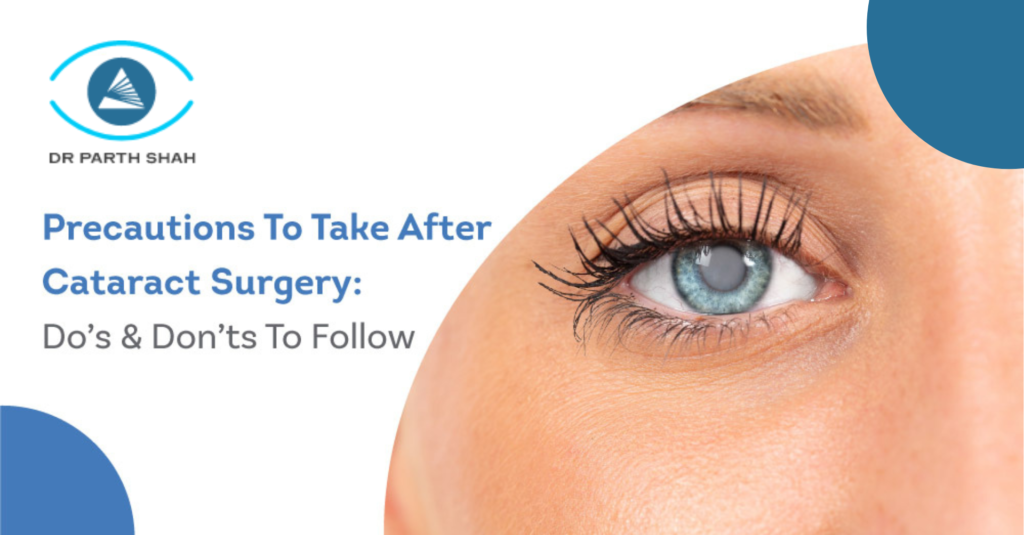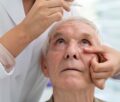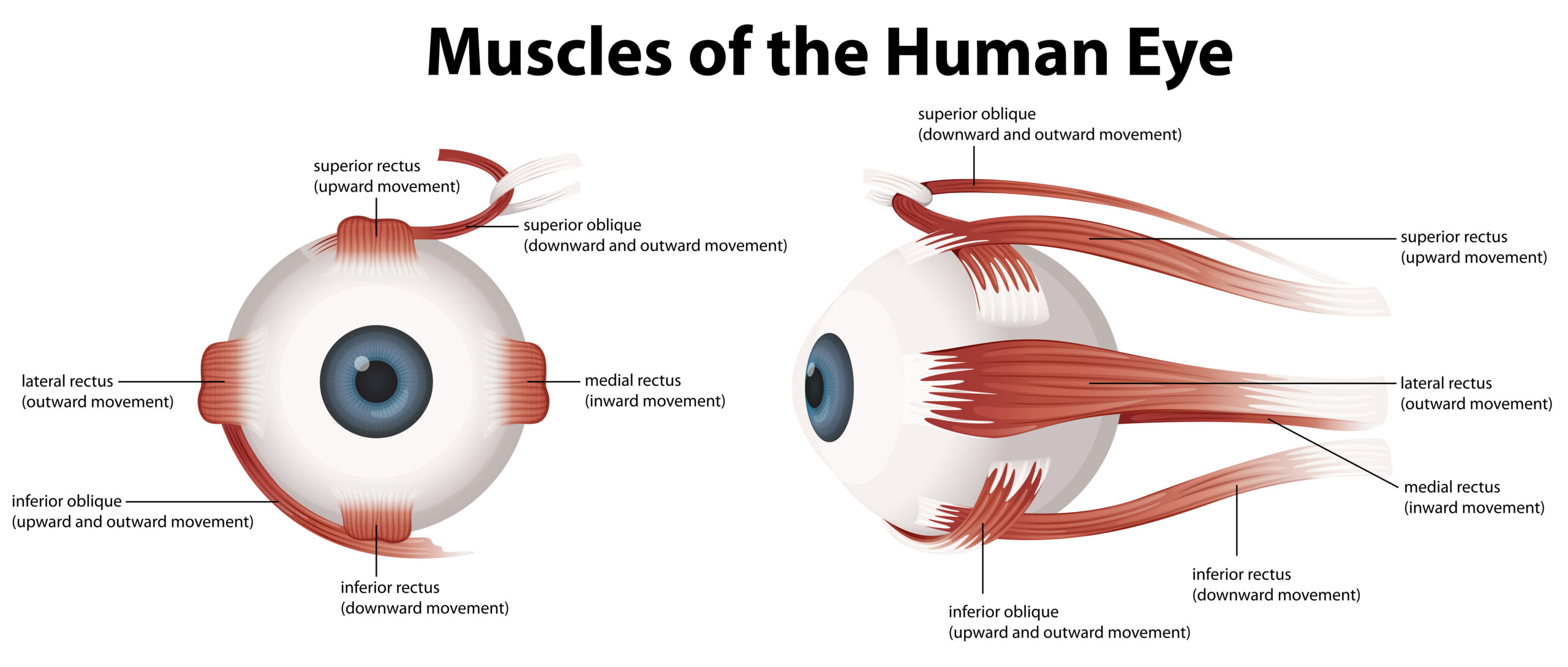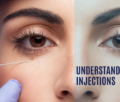Table of Contents
If you’ve just had cataract surgery, you might wonder what to expect after the procedure
is over. Will you be able to see clearly? Is there anything you should do differently now
that your vision has changed? This blog article explains how to care for your eyes after
cataract surgery.
Immediately after cataract surgery
- Rest and Relaxation: After the surgery, you will spend some time in a recovery area. Take it easy and rest for a while. Arrange for someone to drive you home after the surgery, as your vision may be temporarily blurred.
- Eye Shield: You might be given an eye shield or protective glasses to wear after surgery. This helps prevent accidental rubbing or poking of the eye.
- Prescription Medications: Follow your doctor’s instructions regarding prescribed eye drops or medications. These are crucial for preventing infection and promoting healing.
- Avoid Rubbing Your Eye: Refrain from rubbing or putting pressure on your eyes. This is essential to prevent any damage to the healing incision.
Days after cataract surgery
- Use Eye Drops as Prescribed: Continue using the prescribed eye drops exactly as directed by your surgeon. These drops help prevent infection and control inflammation.
- Protect Your Eyes: Wear sunglasses when outdoors to protect your eyes from bright light and UV rays. This also helps in reducing glare.
- Avoid Strenuous Activities: Avoid heavy lifting and strenuous activities for the first few days to minimise the risk of increased eye pressure.
- Follow-up Appointments: Attend all scheduled follow-up appointments with your eye surgeon. They will monitor your progress and address any concerns you may have.
Weeks after cataract surgery
- Gradual Return to Normal Activities: You can gradually resume normal activities, but avoid activities that could expose your eyes to water, dust, debris, or injury.
- Report Any Issues: If you experience any sudden changes in vision, increasing pain, or other concerning symptoms, contact your eye surgeon immediately.
- Driving: Once your vision has stabilised and you are comfortable with it, your surgeon will likely clear you for driving. Follow their recommendations.
- Final Prescription Adjustments: Your surgeon may adjust your glasses prescription a few weeks after the surgery, once your eyes have stabilised.
Do’s and Don’t
- Don’t drive for 24 hours.
- Don’t rub or touch your eyes for at least one week.
- Following the surgery, it is best to rest at home.
- In the first week after cataract surgery, a plastic shield can be helpful to stop you from inadvertently rubbing your eye during sleep.
- No dirt, water or dust should enter the eye for the first 2 weeks at least. It is best to take a bath or shower below the chin and wash your face with a clean wet towel.
- You can wash your hair carefully after the first week. Dirty water or soap/ shampoo from hair washing should not enter the eyes.
- Eye drops needs to be instilled as advised after the cataract surgery. These are usually anti-inflammatory drops. Follow your eye drop routine, which might go for a few weeks to 1 month.
- Excessive bending or heavy weight lifting should be avoided for at least one week.
- Refrain from rubbing or touching your eye in the first month after the cataract surgery.
- Continue medicines for diabetes, blood pressure, heart problems, joint pains etc. as advised previously.
- To reduce the risk of infections, avoid swimming or using a hot tub during the first week.
- Diet after Cataract Surgery: your diet should be one that is also beneficial to your overall health. You want to include healthy foods, lean protein, and leafy green vegetables.
Author Bio
Dr. Parth Shah is a leading ophthalmologist in Canberra, specialising in cataract surgery. With extensive training and experience, he’s renowned for his expertise in the field. Dr. Shah is dedicated not only to performing successful surgeries but also to patient education. His compassionate approach, combined with technical proficiency, has earned him the trust and gratitude of countless patients. He’s a true advocate for eye health and a trusted name in the Canberra ophthalmology community.













